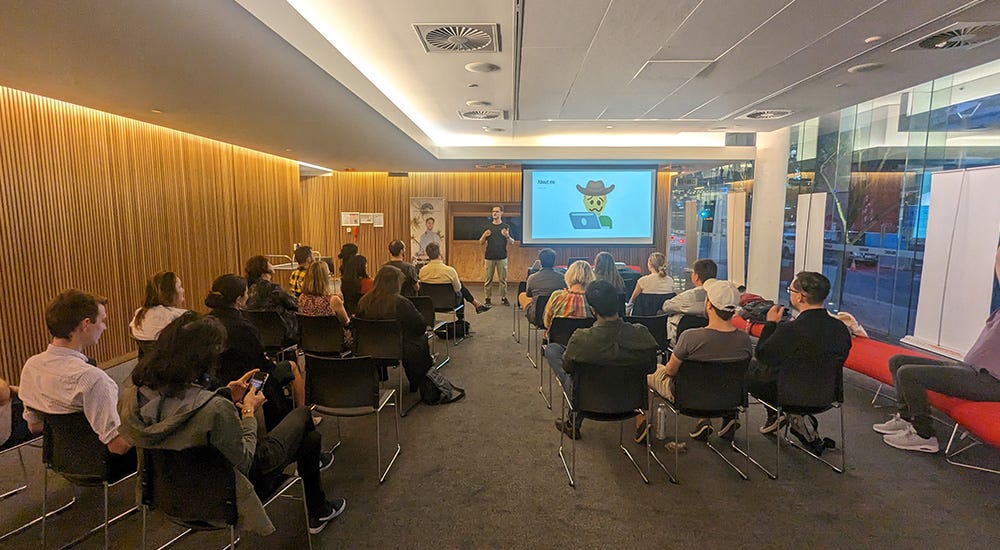Fact-checking used to be easy
The future of fact-checking in the AI age
Almost ten years after Meta decided to create a third-party program to work with news outlets and independent fact-checkers to fight misinformation, the landscape of verification actors is changing rapidly and has become a subfield in its own right. Criteria, methodologies, genres and tools have evolved, and new contesting actors have surged.
In this talk, Dr Silvia Montaña-Niño from the News and Media focus area at the Centre of Excellence for ADM+S will discuss the future of fact-checking in the AI age. What does it mean to have social media fact-checking embedded with powerful platform companies, and what skills and professional capabilities are needed to equip this ‘peripheral profession’ over the coming decades?
Event details
When: 5.30pm, Wednesday 27 September
Where: Foyer of the ABC building, South Bank
Register on Humanitix
Last month
In August we were visited by Crikey’s Cam Wilson, who shared lessons from the misinformation mines. For those who weren’t able to make the session, here are a few of them:
Misinformation is context-dependent: it takes on different forms in different social and cultural settings (compare American and Australian vaccine conspiracies).
There is a lot of money in it. Sometimes misinformation is politically motivated, but other times its about driving traffic to a crypto affiliate scam.
It can come from places you dont expect, like Selena Gomez fans fabricating a donation to Australian bushfire appeals.
Bots aren’t great at spreading misinformation. Fears of botnets as the primary drivers behind misinformation are overblown.
There is an explosion of interest in misinformation when it gets picked up and run with by mainstream media, sometimes weeks or months after its been circulating on more fringe platforms.
Getting 'fact-checked’ can be a badge of honour for some spreading misinformation. The term is politicised.
The solution to misinformation isn’t just more information, which can simply fuel a multiplication of competing narratives.
From elsewhere
Check out the QUT Digital Media Research Centre’s 2023 Digital Publics Symposium on Monday 25 September – ‘what does a flourishing digital society look like (and how do we get there)?’.
As always, forward this newsletter on to your friends and colleagues who are interested in tech and journalism, and invite them along next Wednesday!



